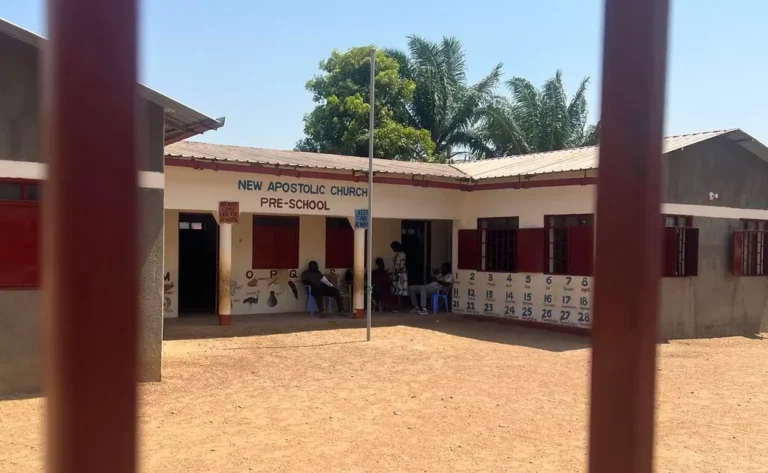Dangerously high temperatures have forced schools across South Sudan to close for the second year in a row, APA learnt on Monday.
Save the Children warned in a statement that the shutdown puts learning out of reach for many children and pushing them further into risks like early marriage, child labour and recruitment into armed groups.
With temperatures expected to climb as high as 42 degrees Celsius this week, the government ordered schools to close for at least two weeks beginning last Thursday.
The government has also stated that “an average of 12 students had been collapsing in Juba city every day,” highlighting the severe impact of the heatwaves on children studying in schools with no air conditioning and poor ventilation.
In March 2024, schools in South Sudan were closed for two weeks following a heatwave which reached temperatures of 45 degrees Celsius.
Save the Children research last year found that the number of children affected by extreme heat almost doubled between 2022 and 2023 and 2023 and 2024.
Around the world, children are experiencing more frequent and severe heatwaves due to climate change.
Responding to the school closure, Christopher Nyamandi, Country Director for Save the Children in South Sudan, said: “Dangerous heat like this is catastrophic for children’s physical and mental health. Because their bodies are still developing, they are more vulnerable to both immediate illness and lasting long-term harms that come with the intense discomfort, sleeplessness, and exhaustion we are more familiar with”.
Nyamandi added: “And shutting the door to the classroom often means shutting the door to a stable and healthy future. We know from the COVID-19 pandemic and flash floods in parts of the country that the longer children are out of school, the less likely it is they will go back, pushing future opportunities further and further away and pushing them further at risk of child labour, early marriage, or recruitment into armed groups, just to survive.
The Save the Children boss observed that South Sudan already has one of the highest rates of out-of-school children in the world.
”It is abominable that children already bearing the brunt of poverty and inequality, who have done absolutely nothing to contribute to rising temperatures, are robbed of their basic rights. When we talk about climate justice, this is what we mean. It is time for global recognition that the climate crisis is a child rights crisis, and that we need an urgent response that centres children’s rights, lives and wellbeing” he added.
WN/as/APA


